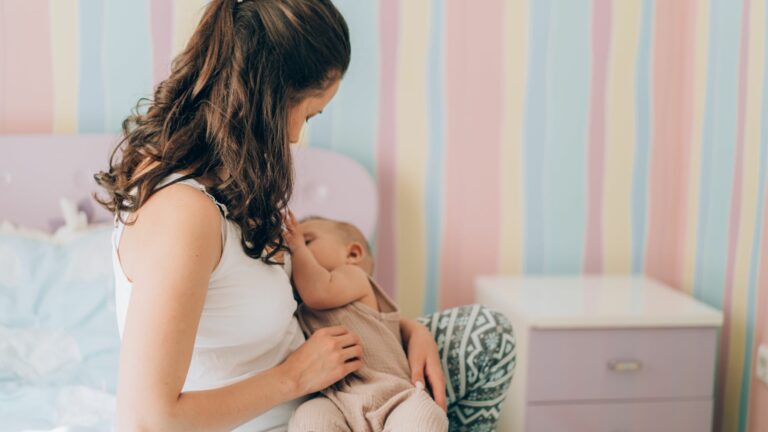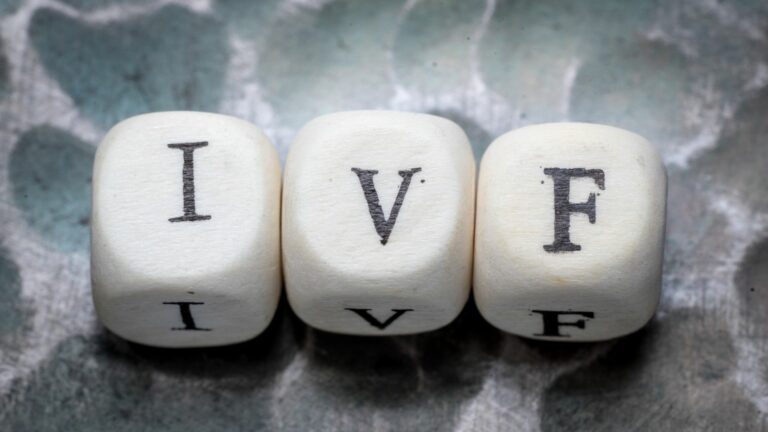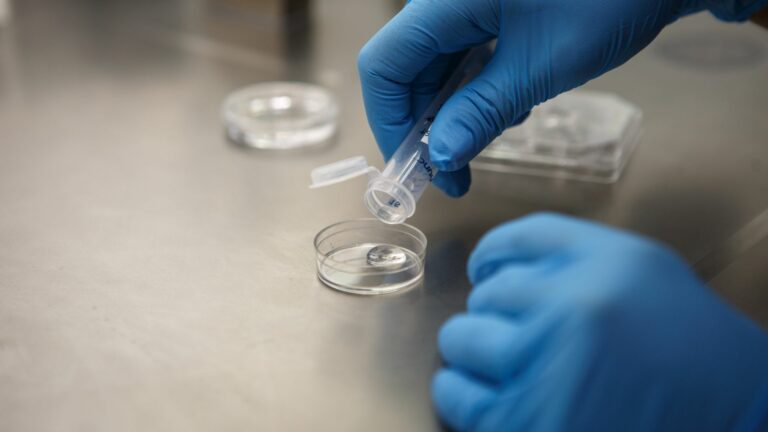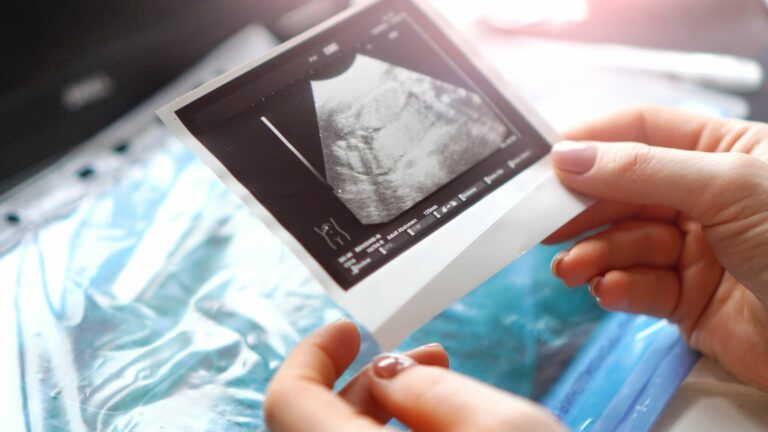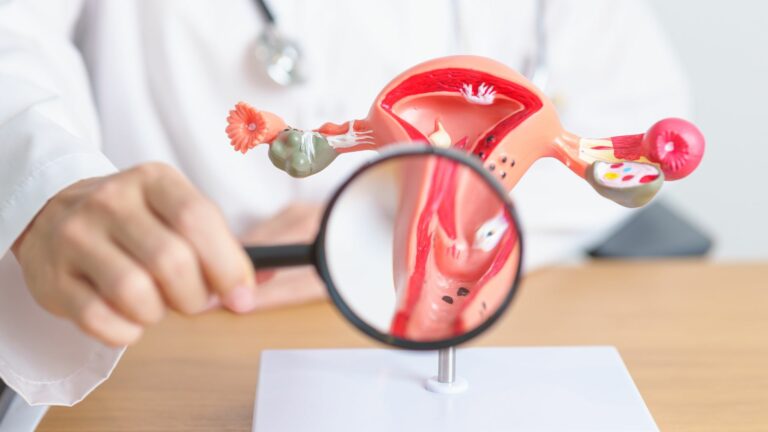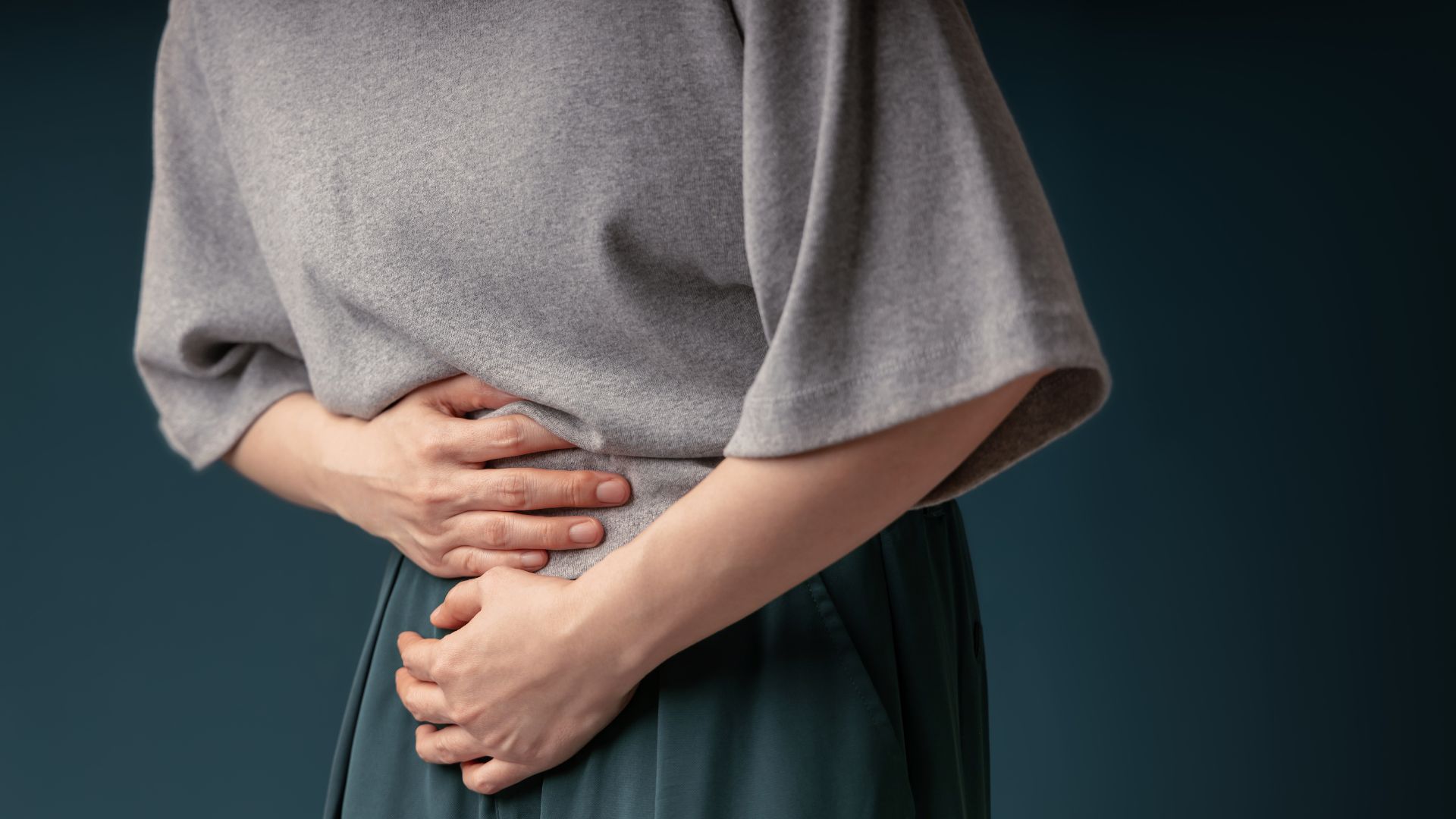
Key Takeaways
| Aspect | Details |
|---|---|
| Options with Own Eggs | Limited; includes spontaneous ovulation and ovarian stimulation |
| Success with Own Eggs | Low; mostly under 10% per cycle |
| Donor Eggs | High success rates, ethical sourcing, legal frameworks observed |
| Success with Donor Eggs | 50-60% per cycle in India |
| Alternative Routes | Adoption, surrogacy |
| Support | Counseling, legal advice, support groups |
Introduction: Understanding Premature Ovarian Insufficiency (POI)-Part I
Premature Ovarian Insufficiency (POI) is a significant reproductive issue that affects many women globally, including those in India.
POI, sometimes referred to as premature ovarian failure, is a condition wherein a woman’s ovaries stop functioning properly before the age of 40.
This can lead to reduced fertility owing to decreased estrogen levels and a lack of functional egg production.
What is Premature Ovarian Insufficiency (POI)?
Women diagnosed with POI experience various symptoms due to the inadequate production of estrogen and other hormones that are essential for regular ovarian functions.
This disruption can lead to:
- Irregular or completely absent menstrual cycles (amenorrhea).
- Symptoms typically associated with menopause like hot flashes, night sweats, and vaginal dryness.
- Difficulty in conceiving naturally, which often leads to challenges in starting or growing a family.
The incidence of POI affects roughly 1% of women in India and up to 5% of women worldwide.
Understanding this condition is the first step towards managing its implications and exploring feasible paths towards conception, such as In Vitro Fertilization (IVF).
Causes of POI
The causes of POI can vary from genetic predispositions to autoimmune disorders.
Some of the known causes include:
- Genetic Conditions: Such as Turner syndrome and Fragile X syndrome.
- Autoimmune Disorders: Where the body’s immune system mistakenly attacks ovarian tissues.
- Medical Treatments: Such as chemotherapy or radiation, which can impair ovarian function.
- Surgical Interventions: Including the removal of ovaries.
Moving Forward: The IVF Solution
While POI presents a considerable challenge, options such as IVF provide hope. For women whose ovaries no longer produce viable eggs, IVF with donor eggs presents a promising alternative.
This method involves using eggs donated by another woman, which are then fertilized in a lab setting before being transferred to the recipient’s uterus.
This approach has notably high success rates, offering women with POI a viable path to motherhood.
Navigating the IVF Process and Procedures is fundamental for women considering this option. Understanding the steps, from ovarian stimulation to egg retrieval and embryo transfer, helps manage expectations and prepare for the journey ahead.
It also highlights the importance of choosing the right fertility center, as success rates can vary significantly between clinics.
Potential patients can explore renowned centers in different locations, including Aurangabad, Dhanbad, Amritsar, Navi Mumbai, and Prayagraj, to find the suitable match based on their specific needs.
For many, the costs associated with IVF can be daunting. By researching IVF costs in India, couples can better plan and prepare financially for the treatments, making informed decisions that align with their budgets and family planning goals.
Conclusion
Understanding POI and recognizing the potential of IVF are critical first steps for those facing this diagnosis.
In the following parts of this article, we will delve deeper into using one’s eggs versus donor eggs, explore the psychological effects of IVF, and guide on how to cope with IVF failures.
Additionally, we will discuss the processes involved in finding an egg donor in India and consider the emotional and legal aspects of this journey.
Arming yourself with knowledge and understanding the available resources, such as support groups, can provide invaluable aid as you navigate this path.
Stay tuned for more detailed discussions in the upcoming sections of this comprehensive guide.
IVF and Premature Ovarian Insufficiency (POI): A Guide for Women in India – Part II
Section II: Exploring Options for IVF with POI
Having understood the challenges associated with POI in the first part, it’s crucial to consider the options available for women struggling to conceive due to this condition.
This section explores the viable paths, particularly focusing on the use of a patient’s own eggs versus the implementation of donor eggs, which have been shown to significantly increase the chances of a successful pregnancy.
A. Using Patient’s Own Eggs
While the primary challenge of POI is the reduced function of the ovaries, there are scenarios where a woman may still have occasional ovarian activity allowing for the retrieval of eggs:
- Spontaneous Ovulation: Though rare, some women with POI might experience intermittent ovulation. Utilizing ovulation predictor kits can help track and take advantage of these rare opportunities.
- Ovarian Stimulation: There are specific cases where medicines like Clomiphene Citrate (Clomid) could stimulate the ovaries enough to produce follicles. However, the effectiveness of these treatments in women with POI remains relatively low.
Success Rates with Own Eggs
Despite the potential to retrieve eggs, the success rates of IVF using a patient’s own eggs in cases of POI remain quite low (generally less than 10% per cycle), due to both diminished quantity and quality of eggs.
B. Transitioning to Donor Eggs: A Reliable Alternative
For women who face significant challenges with their own eggs, transitioning to IVF with donor eggs is an advised and fruitful alternative.
Donor eggs typically come from young, healthy donors, which significantly elevates the success rates of fertilization and subsequent pregnancy.
- Increased Pregnancy Chances: With donor eggs, the IVF success rates surge impressively, often exceeding 50-60% per cycle, subject to the procedures followed and the health of the uterus where the embryo will implant.
- Finding an Egg Donor: Navigating the process of finding an egg donor in India is streamlined by strict ethical and legal guidelines. Finding the right egg donor involves considerations like health history, genetic compatibility, and personal preferences.
Nuances to Consider
- Age of the Recipient: The age of the woman receiving the embryo still plays a critical role in the success rates of IVF.
- Quality of Donor Eggs: Ensure that the selection process of the donor strictly adheres to the highest standards, as the quality of donor eggs profoundly impacts the outcome.
Support and Resources
Opting for IVF with either one’s own or donor eggs is an emotionally demanding journey.
Access to adequate support systems, detailed information about the IVF process and successes (discussing IVF success rates), and emotional counseling (exploring psychological impacts) are crucial.
Support groups, particularly for IVF treatments in India (IVF support groups in India), offer community and emotional solace which can be paramount during this challenging time.
Conclusion
Understanding the nuanced options available for tackling POI through IVF is essential. While the use of patient’s own eggs may present limited success, the use of donor eggs offers a promising alternative with higher chances of achieving pregnancy.
As we move forward, the following parts of this article will detail further about the legal and emotional aspects of choosing donor eggs, including more advanced guidance on navigating IVF clinics across India with high success rates, like those in Amritsar and Nav Mumbai.
Stay tuned for these comprehensive insights which aim to empower you on your fertility journey.
IVF and Premature Ovarian Insufficiency (POI): A Guide for Women in India – Part III
Section III: Legal and Emotional Considerations for IVF with Donor Eggs
Embarking on the journey of IVF with donor eggs involves not only medical and physical considerations but also substantial legal and emotional aspects.
This section emphasizes the crucial non-medical factors that potential parents must navigate.
A. Legal Framework in India
IVF treatments involving donor eggs are subject to comprehensive regulation to ensure ethical compliance and protect all parties involved:
- Anonymity and Confidentiality: It’s mandatory to maintain the anonymity of egg donors in India, which can affect the information available to recipient couples.
- Consent and Contracts: Clear, informed consent must be obtained from all parties, and legal contracts should detail every aspect of the egg donation and IVF process.
Navigating legal frameworks ensures that your journey into parenthood is compliant with national guidelines.
B. Emotional and Psychological Impact
The use of donor eggs can sometimes lead to complex emotional and psychological reactions:
- Accepting Donor Assistance: Some couples might struggle with the idea of using genetic material from an outsider. Counseling and open discussions can facilitate emotional acceptance of this decision.
- Family and Social Responses: External pressures and opinions can impact emotional health. Being prepared to manage these influences is crucial.
- Support Systems: Engaging with IVF support groups in India can provide comfort and advice from others who have faced similar situations.
Additionally, understanding psychological effects of IVF through professional guidance helps in coping effectively.
Long-term Considerations
Making decisions about disclosure to children and dealing with societal judgments are long-term considerations that couples must address:
- Disclosure to Children: Deciding whether to tell your child about their genetic origins is a significant decision. Many experts suggest that openness about the child’s genetic background can promote healthier family dynamics in the future.
- Handling Social Stigma: In many cultures, there’s still a stigma associated with infertility and IVF. Preparing oneself to address or disregard such biases is crucial for emotional well-being.
C. Moving Forward: Choosing the Right IVF Clinic
Selecting the right IVF clinic is a pivotal step in your journey. Clinics not only differ in terms of IVF cost and success rates (understand more about IVF success rates) but also in the support they offer to navigate these complex emotional and legal landscapes.
Researching and visiting potential clinics, from Aurangabad to Prayagraj, provides insights into the best fit for your specific needs.
Conclusion
Navigating the journey of IVF with donor eggs in the context of POI is multifaceted, involving an intricate balance of clinical, legal, and emotional elements.
Understanding these aspects thoroughly and preparing for them can significantly improve the experience and outcome of IVF.
In our upcoming section, we will discuss further practical steps, including detailed guidance on choosing clinics and preparing for the IVF cycle, complemented with real-life experiences and additional resources.
By ensuring well-rounded preparation and support, couples can enhance their journey towards successful parenthood, overcoming the challenges posed by POI with resilience and informed choices. Stay tuned for more detailed explorations in our next sections.
IVF and Premature Ovarian Insufficiency (POI): A Guide for Women in India – Part IV
Section IV: Practical Steps and Real-Life Considerations
Moving beyond understanding the medical, legal, and emotional facets of using donor eggs for IVF, this section aims to provide practical advice on proceeding with the process and preparing for successful outcomes.
A. Preparing for the IVF Cycle
Preparing for an IVF cycle with donor eggs involves several critical steps:
- Initial Consultations: Meeting with your fertility specialist to discuss your specific case of POI, review your medical history, and understand the implications of using donor eggs.
- Choosing a Donor: Engaging in the process of finding an egg donor that matches your preferences and medical advisability. This includes considerations of physical traits, health history, and genetic predispositions.
- Fertility Testing: Undergoing thorough fertility assessments for both partners to ensure optimal conditions for IVF success. This includes uterine health evaluations to facilitate successful embryo transfer.
B. The IVF Procedure with Donor Eggs
Understanding the IVF process and procedure is crucial:
- Egg Retrieval: Eggs are retrieved from the donor under controlled medical conditions.
- Fertilization: Donor eggs are fertilized in the lab using the partner’s or a donor’s sperm.
- Embryo Development: Fertilized eggs are monitored as they develop into embryos.
- Embryo Transfer: The healthiest embryos are selected for transfer into the recipient’s uterus.
Success Rates and Follow-ups
Navigating through the IVF cycle requires knowledge about realistic expectations regarding IVF success rates, which can help in setting the right mindset and preparation for possible follow-up procedures or cycles.
C. Addressing Financial Preparedness
The costs associated with IVF using donor eggs can be substantial. Explore options like financing, insurance, or savings to cover the costs of IVF in India.
Many clinics offer financial counseling to assist with understanding the expenses and organizing payment plans.
D. After IVF: Pregnancy and Beyond
Post-IVF, the journey continues through pregnancy to parenthood:
- Pregnancy Care: Regular check-ups and appropriate prenatal care to ensure a healthy pregnancy.
- Emotional Continuity: Continued access to emotional support and counseling, especially after a successful IVF, to navigate the joys and challenges of pregnancy post-infertility treatment.
Real-Life Stories and Additional Resources
Incorporating insights from couples who have undergone IVF with donor eggs can provide additional context and reassurance.
These stories highlight the challenges and triumphs encountered, providing a real-life perspective that can be incredibly valuable.
- Community Support: Leveraging IVF support groups in India can offer ongoing encouragement and advice from those who truly understand the IVF journey.
Conclusion
The path to parenthood for women with POI using donor eggs through IVF is multifaceted, involving intricate preparations, important decisions, and emotional adjustments.
However, with the right information, support, and guidance from reputable IVF clinics like those in Dhanbad or Amritsar, hopeful parents can navigate this journey successfully.
As we conclude this comprehensive guide, remember that each step taken is a step closer to fulfilling the dream of parenthood. Stay informed, seek appropriate support, and maintain resilience throughout your journey.
Thank you for embarking on this detailed exploration with us; we hope it empowers you to make the best possible decisions on your path to becoming a parent.

